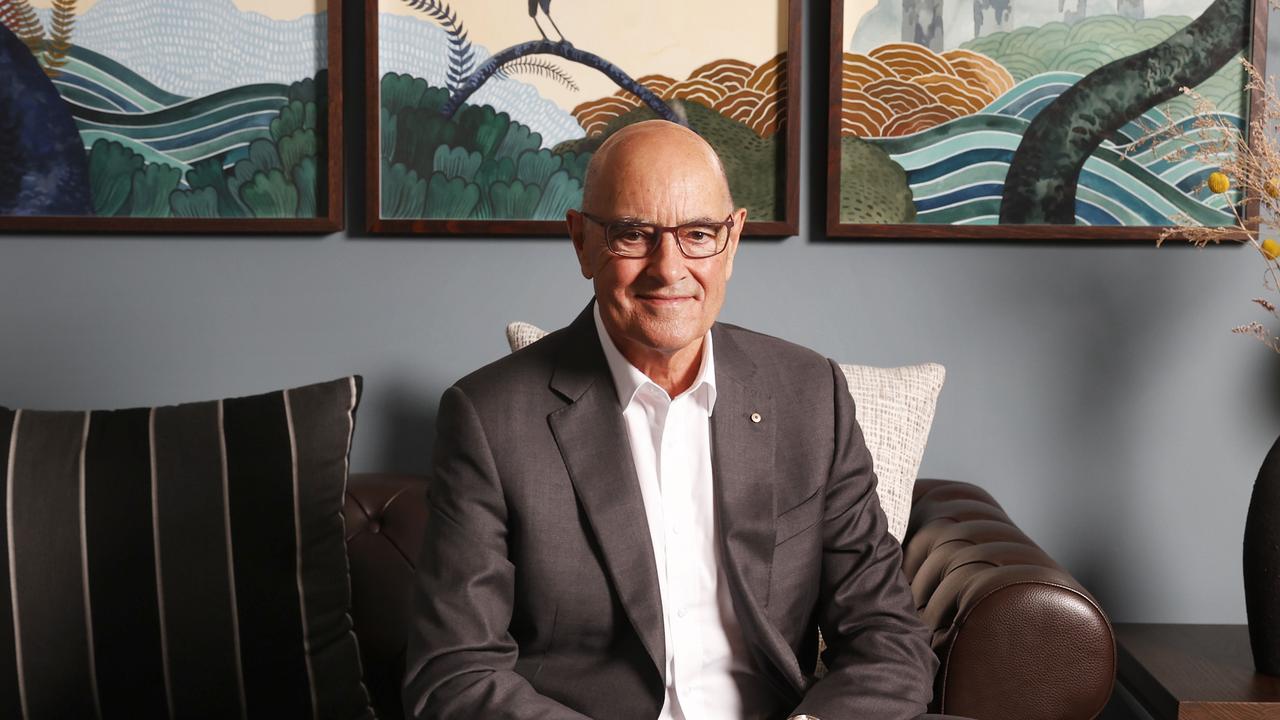Young scientists join CSIRO voyage to study marine ecosystems
CSIRO scientists are departing on a 31-day voyage to study changes in the marine ecosystems along the continental shelf lining Australia’s southeast coast.
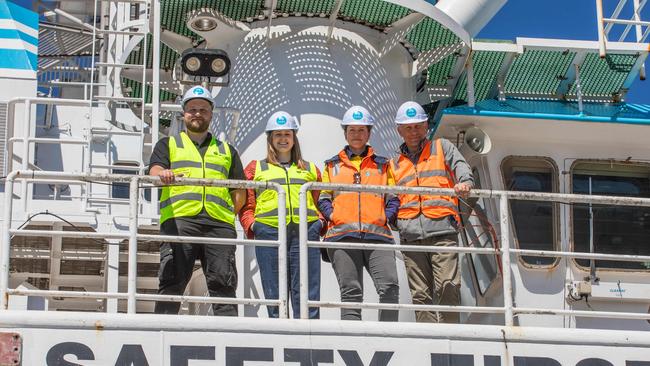
Tasmania
Don't miss out on the headlines from Tasmania. Followed categories will be added to My News.
Two eager young Tasmanian scientists will set sail on the voyage of a lifetime on Wednesday, climbing aboard the RV Investigator to help unlock the secrets of Australia’s southeast marine ecosystem.
University of Tasmania students Amelia Jensen and Jackson Griffin will join voyage chief scientist, Dr Rich Little from CSIRO, and a 33-strong crew for the month-long journey studying habitat change in coastal waters between Tasmania and southern NSW.
Marine and Antarctic science Honours student, Ms Jensen, said the opportunity to utilise the Investigator’s new and novel technologies, and work alongside the vessel’s experienced crew of researchers, was one not to be missed.
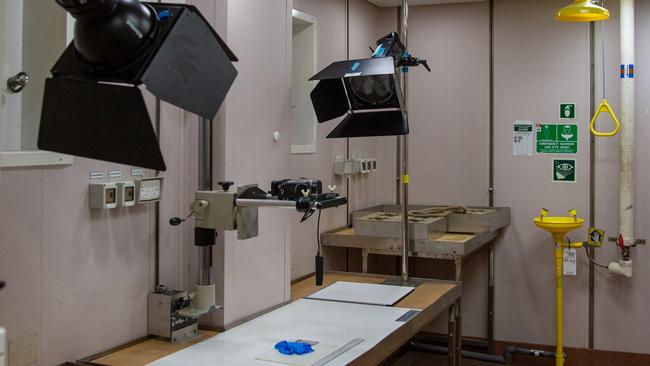
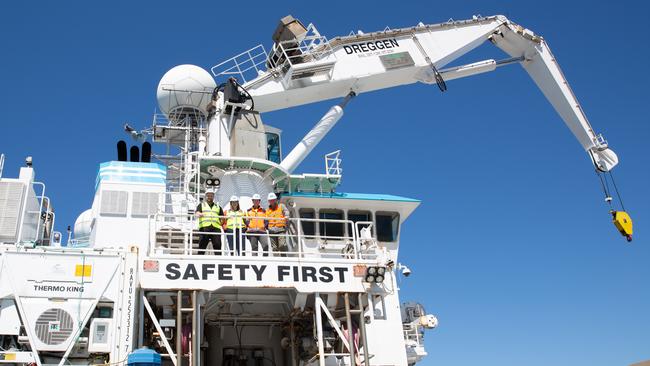
“My Honours project is looking at the population genomics of Tiger flathead in the Southern and Eastern Scalefish and Shark Fishery,” Ms Jensen said.
“A trip like this is something every student dreams of, so to get the opportunity is just amazing.
“And especially the fact that it’s linked to my Honours, because I will be getting data that I will be using and analysing for my overall project.
“But I am most looking forward to seeing everything that goes on, including the deep tow camera, the trolling, the plankton nets, the CTDs [conductivity, temperature, and depth instruments], and just talking to people and being at sea.
“It is all just super cool, and I’m very excited.”
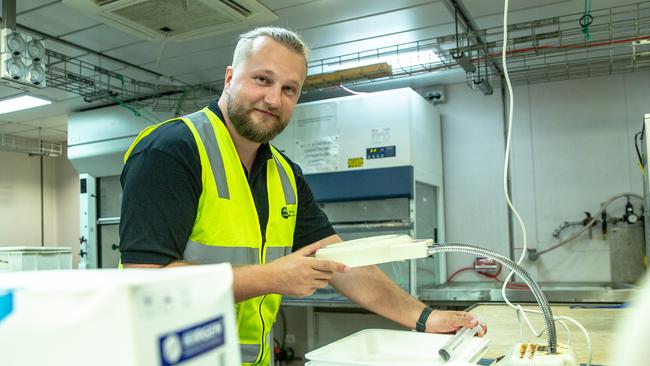
Mr Griffin, a second-year marine biology student, was equally thrilled to be joining senior scientists and support staff on the South-East Australian Marine Ecosystem Survey, one of four voyages examining how the region’s marine species have changed since a similar study was undertaken 30 years ago.
“I am really loving everything on the boat so far and one of the reasons I got interested in my project of Bass Strait alkalinity is because of a subject I took called Introduction to Oceanography.
“I feel very lucky and excited for the opportunity, because getting exposed to this kind of research is just out of this world.”
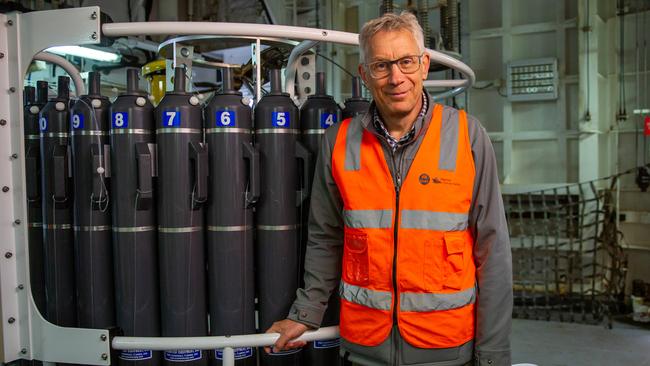
Dr Little said given the marine waters of southeast Australia were warming at four times the global average, it was imperative to understand the effects of climate change on the environment.
Dr Little said his crew’s mission was to sample the ecosystem to discover what had changed in the last 30 years, and then try to explain why some of those changes had occurred.
“These marine waters are one of a series of global ocean-warming hotspots, causing species to shift their distributions and marine habitats to change rapidly,” Dr Little said.
“Understanding these changes is critical for the future health of this ecosystem and the industries that depend on it, including fisheries, oil and gas production and emerging renewable energy industries.
“Our SEA-MES project will help us untangle the causes of these changes and hopefully find ways to manage or mitigate them.”
The Investigator is due to return to Hobart on 13 December.





